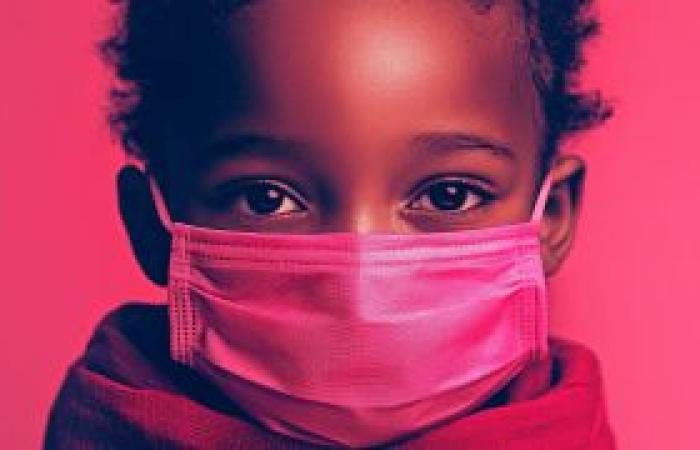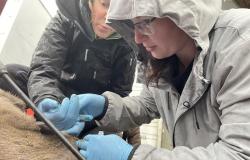The child, who lives in Alameda County in the San Francisco Bay Area, has mild symptoms and is receiving antiviral treatment at home, the Centers for Disease Control and Prevention (CDC) and health authorities said. from California.
A low level of avian influenza (H5N1) virus was detected in the child, showing that it was probably not infectious when it was detected. He tested negative four days after this first positive result.
Members of his household tested negative for avian flu.
As a precautionary measure, local authorities also offered preventative testing and treatment to employees and other children at the daycare the child attended.
In the United States, daycare centers generally serve children aged six weeks to five years.
« It is natural for people to be concerned, but we want to assure parents, employees and families that, based on the information and data we have, we do not believe the child was contagious said Tomas Aragon, director of California’s health services.
No human-to-human transmission
« No cases of human-to-human transmission of avian influenza have been documented in any country for over 15 years “, he stressed.
Avian influenza A (H5N1) first appeared in 1996, but since 2020 the number of outbreaks in birds has exploded and an increasing number of mammal species have been affected.
In March, cases of infection were detected in several herds of dairy cows across the United States.
Low risk
US health authorities continue to assess the risk posed by the virus to public health as low. However, this risk is higher for people exposed to livestock at their workplace, including birds, dairy cows, etc.
https://www.whatsupdoc-lemag.fr/article/900-cas-dont-la-moitie-mortels-la-grippe-aviaire-debarque-chez-lhumain-et-ca-inquiete-loms
« Including this most recent case, 55 human cases of avian influenza (subtype) H5 have been reported in the United States in 2024, including 29 in California. », remind the CDC.
Experts are concerned about the growing number of mammals infected with the disease, although cases in humans remain rare. They fear that high circulation could facilitate a mutation of the virus which would allow it to pass from one human to another.
With AFP






